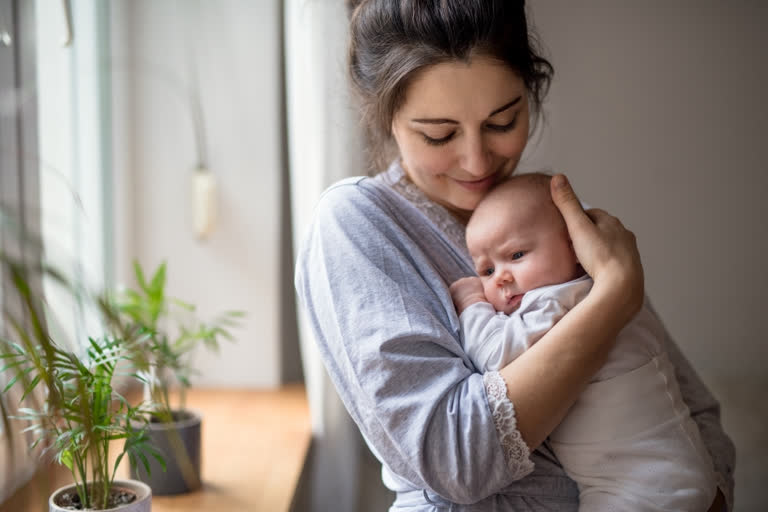Researchers have known for some time that maternal breast milk provides critical nutrients for newborns, and antibodies from mothers vaccinated against a specific disease-causing bacterium or virus can be transferred via breast milk to babies. Now a new preclinical study by Weill Cornell Medicine investigators shows that one specific set of antibodies that is induced naturally by gut beneficial bacteria can be transferred from mothers to infants through breast milk and help infants defend against infection-induced diarrheal illness. The study suggests boosting these “naturally-produced” antibodies in mothers might enhance infants’ immunity against bacterial pathogens that cause infectious gastrointestinal diseases.
In the study, published in Science Immunology, the team focused on a class of antibodies called IgG, which help rid the body of infectious bacteria and viruses. Little was known about how IgG antibodies that are naturally induced by gut bacteria influence infant gut immunity. So, the investigators used a mouse model to determine how these IgG antibodies are transferred from a mother’s blood to her breast milk and how they protect young mice from Citrobacter rodentium (equivalent to pathogenic E. Coli in humans) that causes potentially dangerous intestinal infections.
“We found that these IgG antibodies were protective against gut infection in the babies and that we could enhance this protection,” said senior author Dr. Melody Zeng, an assistant professor of immunology in pediatrics within the Department of Pediatrics and a member of the Gale and Ira Drukier Institute for Children’s Research at Weill Cornell Medicine.
Just as antibodies against the SARS-CoV-2 virus are detected in the breast milk of women who had been vaccinated with mRNA vaccines for COVID-19, the researchers sought to confer extra protection against intestinal infections in infants by inducing IgG antibodies that could be transferred this way. They developed a vaccine using a component found in gut bacteria, then immunized female mice with it before they became pregnant.
